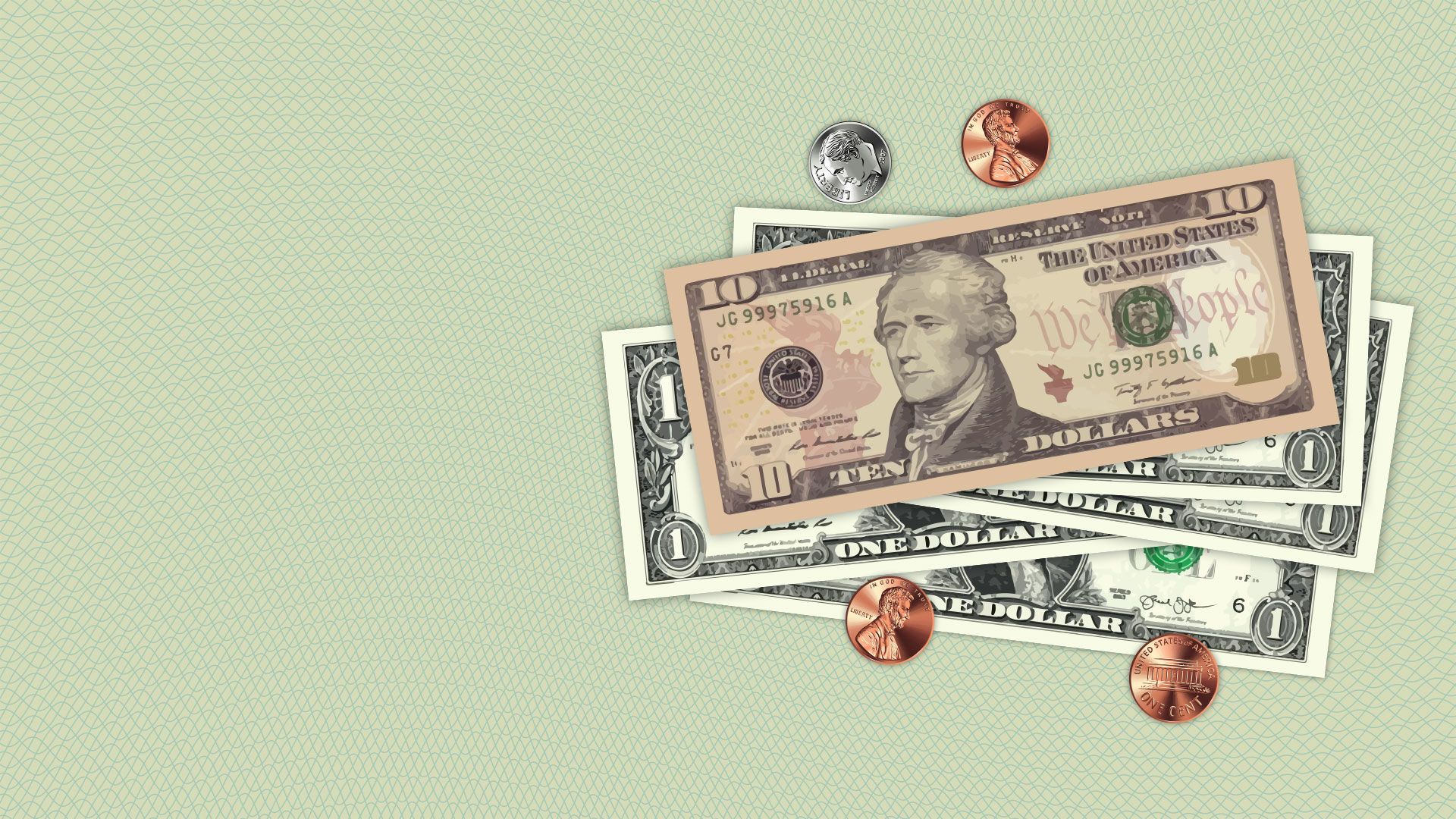New Jersey’s
Minimum
Wage Hike:
Lift or Lifeline?
Public policy expert explains impact
of inflation on wage increase

The new year brought a new minimum wage to New Jersey workers—they’ll make at least $14.13 per hour in 2023. Since yearly increases began in 2019, New Jersey minimum wage has increased by over $5 per hour, but so far, these hikes have not provided minimum-wage earners the lift they were looking for. Instead, the raises have become lifelines against rising inflation, said Michael Hayes, associate professor of public policy and administration in the Rutgers University–Camden College of Arts and Sciences.
“This increase was expected to boost the real purchasing power of minimum-wage earners,” Hayes said. “Unfortunately, the recent rise in inflation has mitigated some of these benefits on low-income household budgets.”
With increases set to continue for two more years, New Jersey minimum wage will have risen from $8.60 per hour in 2018 to $15 by 2025. For those doing the math, this represents almost a 75 percent increase over seven years. However, this year’s nine percent increase just barely outpaces the current eight percent rate of inflation.

Michael Hayes, associate professor of public policy and administration
Michael Hayes, associate professor of public policy and administration
“While this wage hike didn’t realize the full benefits it had intended, it will mitigate the negative effects of inflation on low-income households,” Hayes said.
Looking at the situation in a different light, without an increase in New Jersey’s minimum wage, minimum-wage workers’ real purchasing power would have decreased this year. They would have felt inflation’s impact much more deeply on a day-to-day basis.
“With rising interest rates and the end of pandemic stimulus checks, minimum-wage workers would have been in a very difficult position when trying to meet their basic household needs this year,” Hayes said.
According to Hayes, the classic economic argument against minimum-wage laws is that they decrease demand for minimum-wage workers. The evidence suggests, however, that there are only minimal negative employment effects following an increase in the minimum wage. A few studies even contradict this claim.

Although minimum-wage increases have had a modest positive impact, Hayes’ research suggests there are more effective anti-poverty policies, especially for financially vulnerable households with children. For example, both the federal government and the State of New Jersey offer the earned-income tax credit, which subsidizes low-income households as their earnings increase. This incentivizes individuals to enter the labor market and earn more income.
“Unlike the minimum wage, the cost of the earned-income tax credit does not fall on businesses, which prevents any negative employment effects,” Hayes said. “At the same time, the earned income tax credit is largest for low-income households with children to support.
In the end, Hayes doesn’t see New Jersey’s wage hike as adversely affecting businesses or forcing them to lay off workers. With a record number of job openings in the economy, Hayes would be “shocked” if the wage hike negatively impacted employment.
“In fact, since pandemic lockdowns ended, many businesses have been paying workers above the minimum wage to recruit and retain lower-income workers,” Hayes said. “However, given ongoing economic uncertainty both domestically and globally, it is difficult to say for sure whether inflation will continue to decline or the country will enter a recession.”
The bottom line? Whether minimum wage earners get a lift or another lifeline remains to be seen.

Creative Design: Douglas Shelton